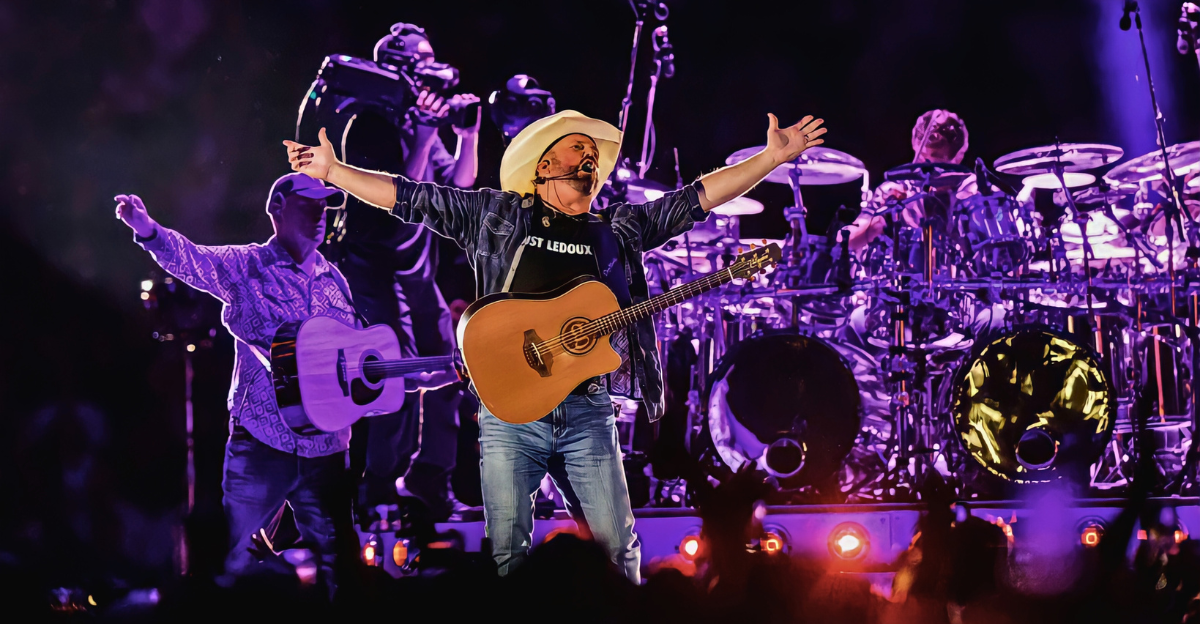
Garth Brooks didn’t just break into country music; he kicked open the doors and invited the whole world inside. For 35 years, Brooks has been the genre’s shape-shifter and standard-bearer, exploding its boundaries with crossover hits, electrifying stadium tours, and a storytelling style that turns every lyric into a lived experience.
From the raucous anthem “Friends in Low Places” belted in packed arenas to the soul-searching “The Dance” echoing through quiet kitchens, Brooks’s music isn’t just heard, it’s felt by millions in every corner of the globe.
His career is a masterclass in connection and showmanship, reminding us that a great song can unite strangers and a great performer can make every fan feel like family.
How One Song Changed Everything
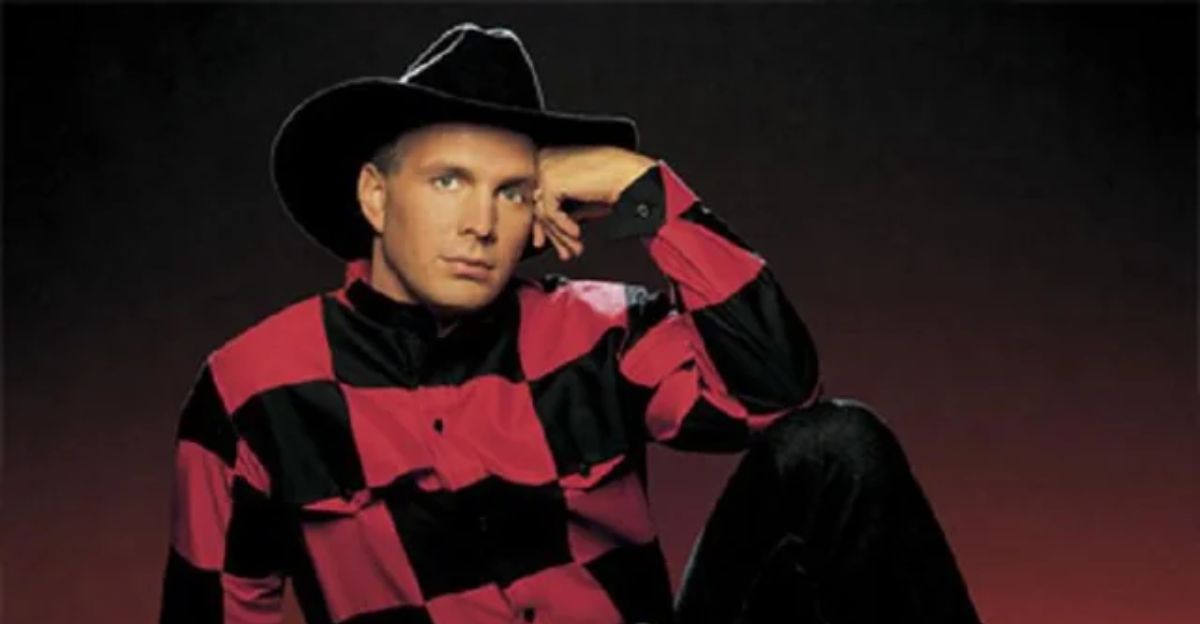
When Friends in Low Places hit the airwaves on August 11, 1990, it didn’t just climb the charts; it rewrote them. The witty, beer-raising anthem gave a voice to the underdog and resonated across social lines. “It feels like it belongs to all of us,” Brooks told Billboard in 2020.
This track dominated country radio and became a must-play at celebrations nationwide. Decades later, it’s still a unifying moment at concerts, where entire crowds join the chorus in perfect, rowdy harmony. Few songs manage such staying power, and fewer still define an artist’s career so completely.
The Genre-Bender Who Made Country Cool

From the start, Brooks wasn’t content to stay in one lane. Drawing influence from George Strait’s classic country roots, Elton John’s theatrical flair, and Kiss’s stadium rock energy, he created a style that reached far beyond Nashville. “Music shouldn’t have walls,” Brooks told Rolling Stone, explaining his fusion of rock, pop, and honky-tonk.
This approach brought millions of new listeners to country music—people who might have never tuned in. In doing so, Brooks made country feel contemporary, opening the door for a wave of crossover stars to follow.
A Meteoric Rise to Fame
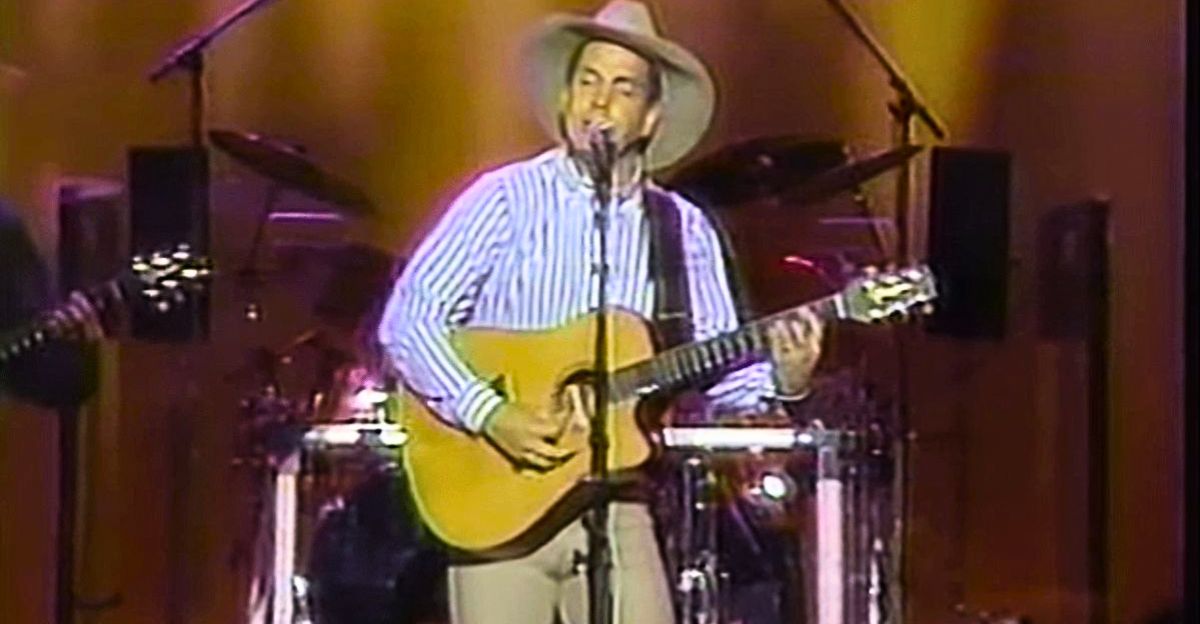
Brooks’s 1989 debut album introduced him as more than just a newcomer; it marked the arrival of a powerhouse. Singles like Much Too Young (To Feel This Damn Old) and If Tomorrow Never Comes climbed the charts and caught industry attention.
His follow-up, No Fences, was an immediate phenomenon, selling 700,000 copies in just 10 days, according to the RIAA, and holding the top spot on the country charts for 23 weeks. The speed and scale of his success were almost unprecedented in country music then.
The Record Breaker of All Record Breakers
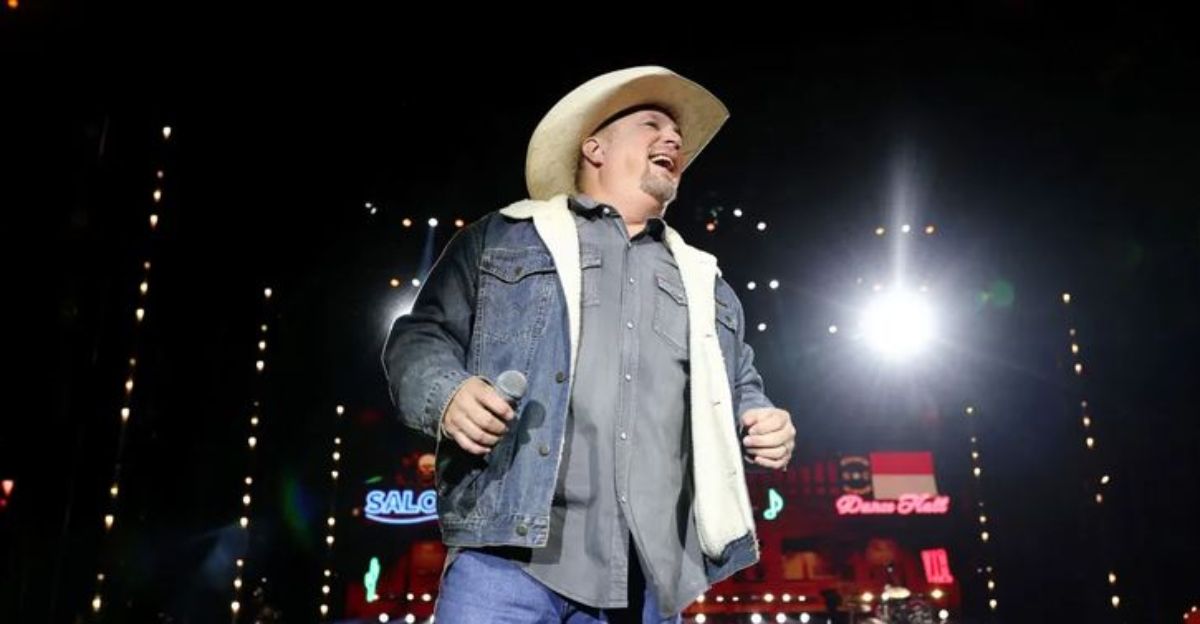
If the music world had a scoreboard, Brooks would own it. According to the RIAA, he remains the only artist with nine Diamond-certified albums, topping even The Beatles’ six. He is the nation’s best-selling solo recording artist with more than 162 million albums sold in the US.
His tours sell out in minutes, and stadium shows regularly set attendance records. Brooks’s dominance isn’t just measured in numbers; it’s reflected in how he’s turned commercial milestones into cultural moments.
The Song That Built a Bar

On March 7, 2024, Brooks opened Friends in Low Places Bar & Honky-Tonk in Nashville, a four-story, 54,715-square-foot venue celebrating the song’s spirit of camaraderie. The bar’s success shows how music can transcend the airwaves, becoming part of a city’s identity.
“It’s about people having a good time,” Brooks told The Tennessean. That same community vibe is what made the “Friends in Low Places” an enduring classic in the first place.
Reinventing the Country Concert
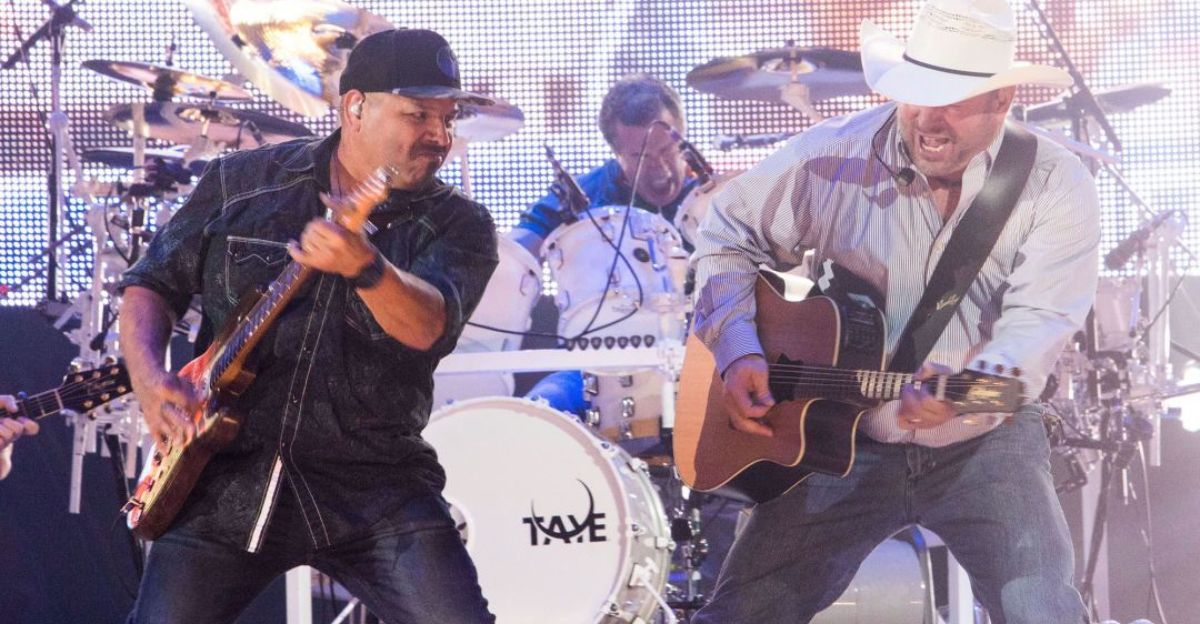
Before Brooks, country concerts were often straightforward affairs. He swapped the static microphone stand for a headset, running, jumping, and working the stage like a rock lead. His shows became kinetic, theatrical events that blended storytelling with adrenaline.
This shift elevated audience expectations and influenced other artists to adopt bigger, bolder stagecraft. Brooks didn’t just play concerts; he also created experiences that fans would talk about for years.
Walking Away at the Top
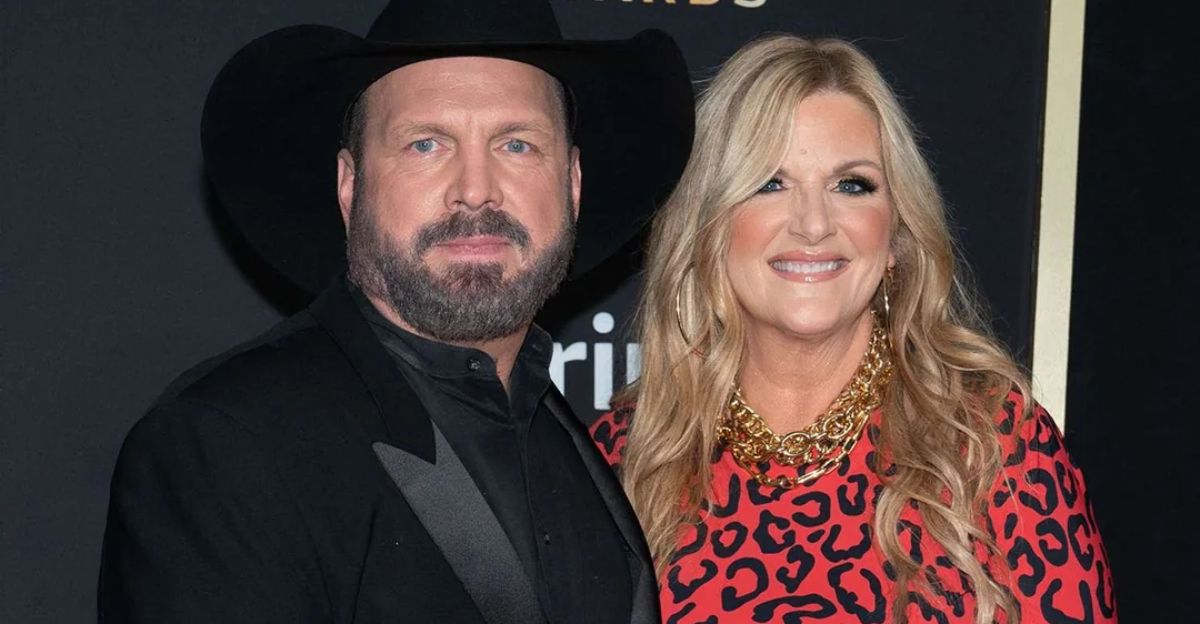
At the absolute peak of stardom in 2001—when most would clutch fame with both hands—Garth Brooks walked away. His bold choice to put his family first stunned industry insiders and set him apart as a rare artist whose legacy is built on more than music. Devoting over a decade to raising his three daughters and supporting his wife, Trisha Yearwood, Brooks quietly proved his greatest role was at home.
Yet his connection with fans never wavered; exclusive releases and surprise performances kept the flame alive. So when Brooks roared back onto the stage in 2009, the response was nothing short of spectacular: sold-out arenas, tearful reunions, and a loyalty few stars ever know. This moment defines Brooks—not just as the king of country, but as a man who lives his values.
A Trophy Case Like No Other
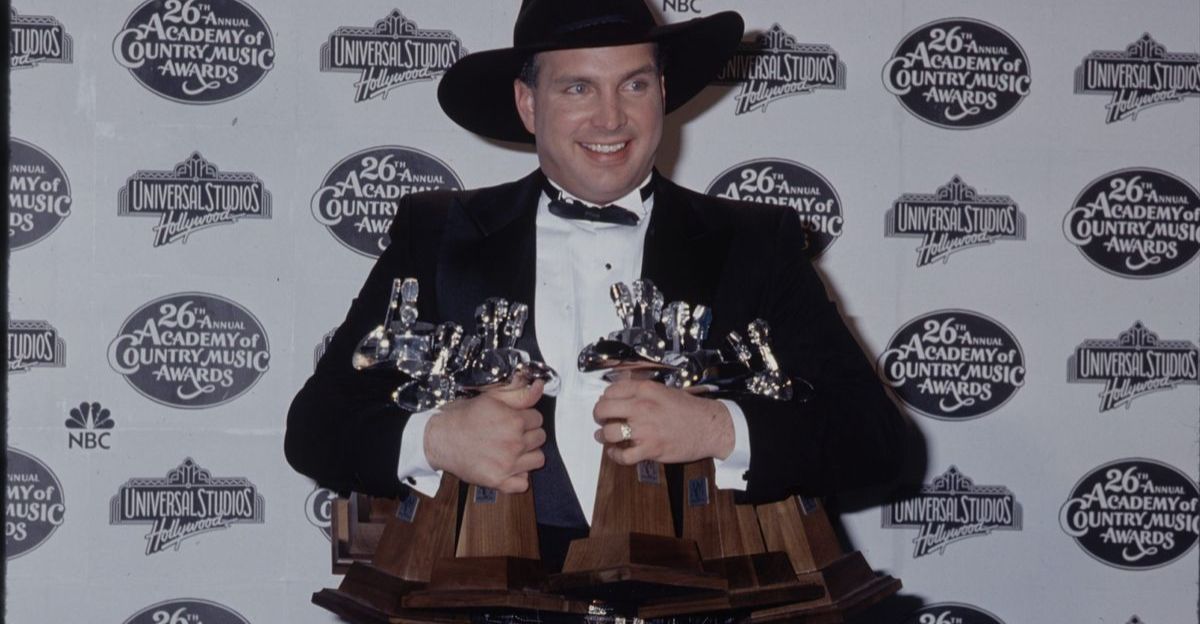
Few artists can match Brooks’s award haul. He’s won two Grammys, 17 American Music Awards, and holds a record six Academy of Country Music Entertainer of the Year titles.
He’s also the only artist to win the CMA Entertainer of the Year award seven times. The Country Music Association notes that these accolades reflect peer respect and enduring popularity, a rare combination in an industry that moves fast.
Bringing Country to the Mainstream
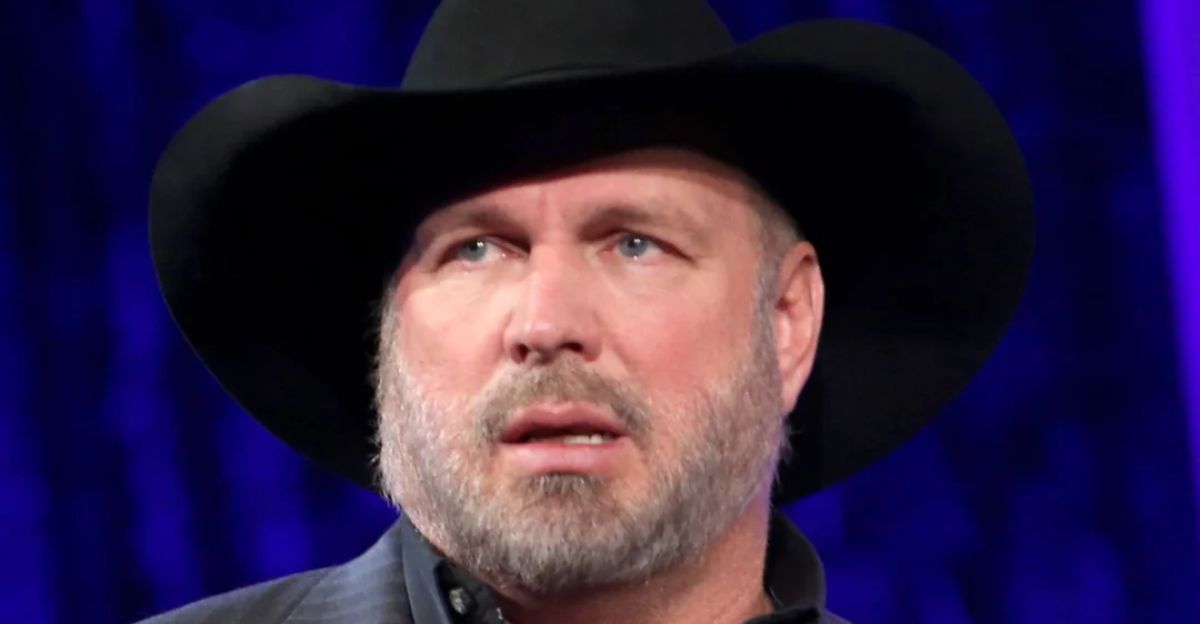
Before Garth Brooks, country music was largely a regional soundtrack, its reach rarely stretching beyond homegrown roots. Brooks shattered those barriers, launching country into the global spotlight. His crossover ballads and electrifying arena tours brought the genre to city skylines and international arenas, proving that country music could be both intimate and epic.
Songs like “The Dance” and “If Tomorrow Never Comes” blended universal themes with modern production, becoming radio staples that every listener could relate to.
Giving Back Beyond the Stage
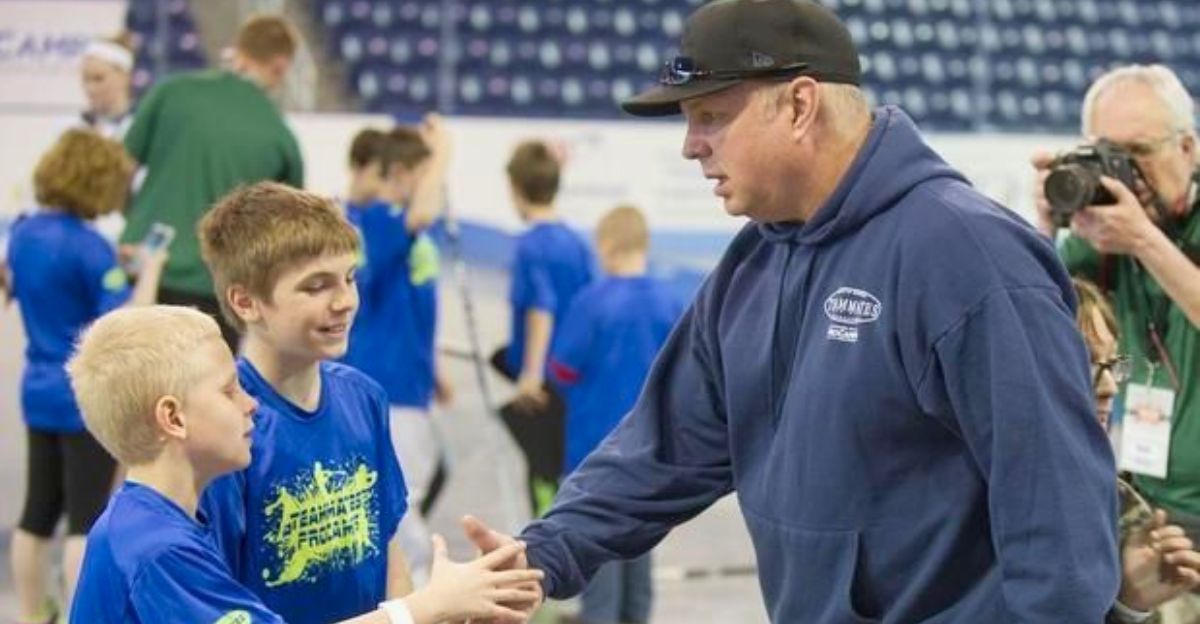
Brooks’s philanthropy is as noteworthy as his music. He co-founded Teammates for Kids, a foundation supporting children’s health and education, and has performed benefit concerts for disaster relief and humanitarian causes.
His charitable efforts have earned praise from organizations such as Habitat for Humanity, which credits Brooks with hands-on contributions. For him, success isn’t just about ticket sales; it’s about using influence to make a tangible difference.
Lyrics That Feel Like Life
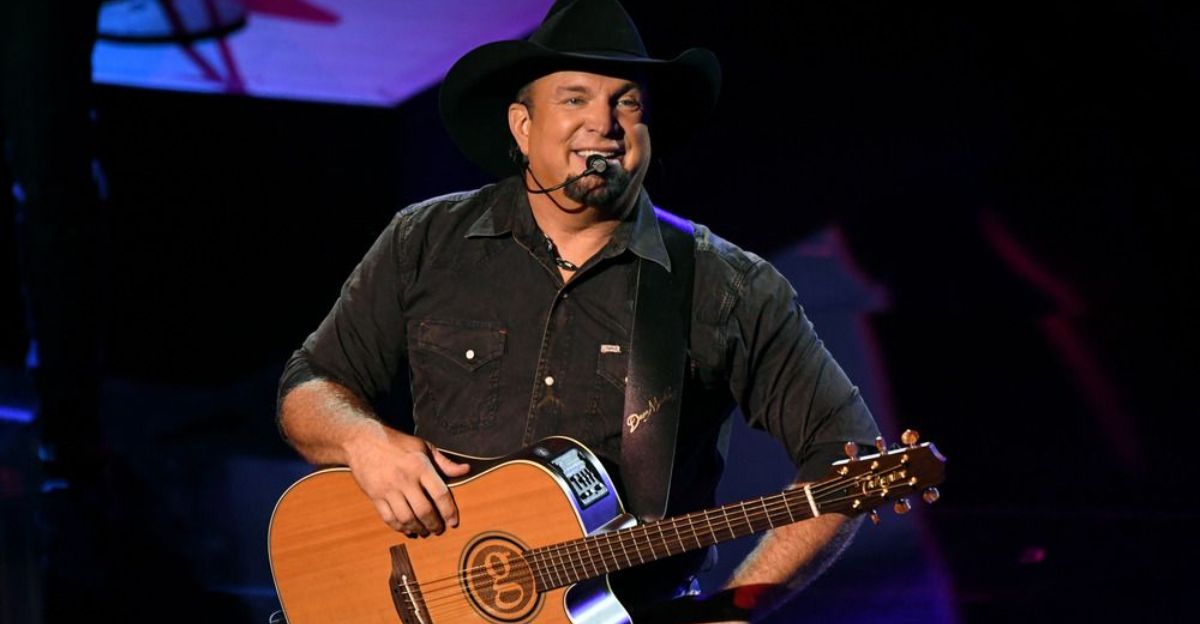
Brooks’s storytelling is the heartbeat of his music. Whether it’s the wistful hope of The River or the gratitude in Unanswered Prayers, his songs capture universal experiences.
“If you can make people see themselves in your story, they’ll carry it with them,” Brooks told NPR. Fans often share how his lyrics helped them through life’s turning points, reinforcing his role as an entertainer and emotional companion.
Concerts That Make History
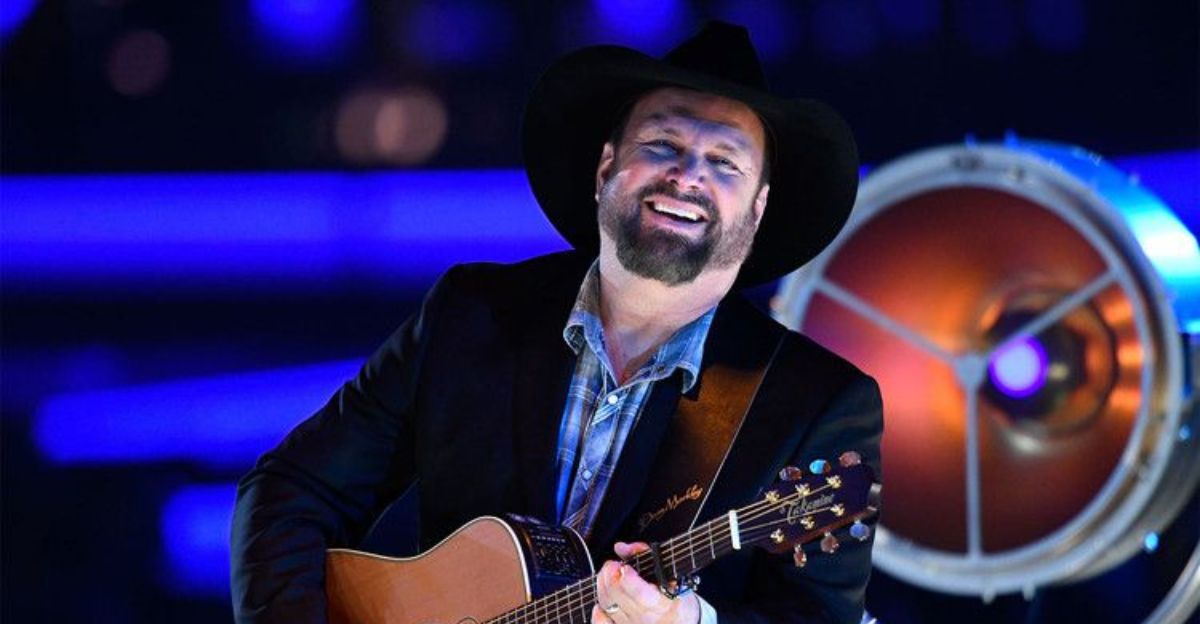
Brooks’s live performances are legendary for their scale and emotion. His 2014–17 world tour with Yearwood sold 6.3 million tickets, making it the most extensive North American tour in history. In 1997, according to The New York Times, his Central Park concert drew an estimated one million people.
Even in intimate settings like his Las Vegas residency, Brooks delivers the same passion and storytelling, proving size doesn’t limit impact.
Nashville’s New Landmark
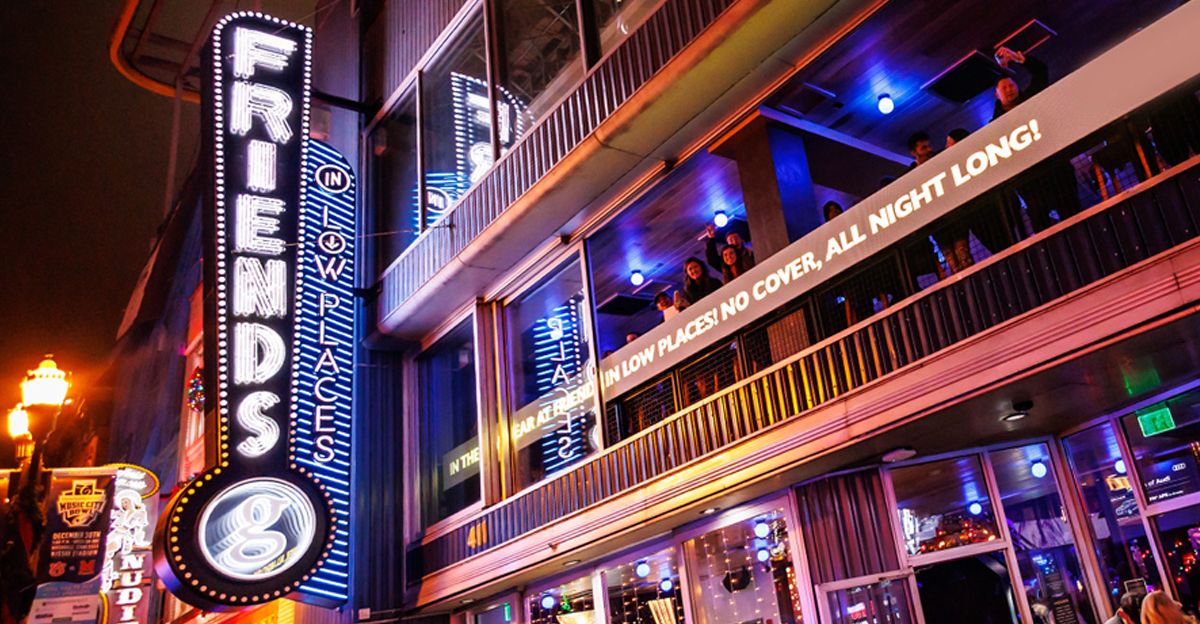
The Friends in Low Places Bar & Honky-Tonk isn’t just a tourist spot; it’s a living piece of Brooks’s story. Located in the heart of Broadway, it combines live music, Southern cooking, and local charm.
“People talk more about the food and the bands than the celebrity name on the door,” Brooks said to The Tennessean. It reflects his philosophy: build spaces where real connection happens.
A Willingness to Take Risks
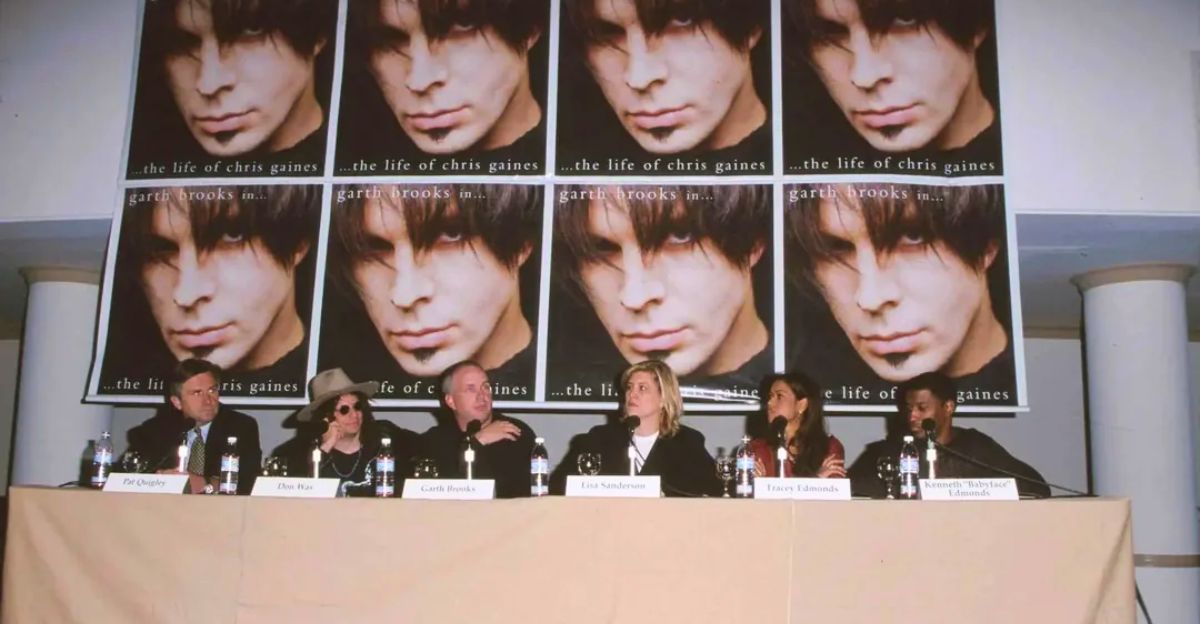
In 1999, Garth Brooks shocked fans and critics alike by unveiling Chris Gaines, an alter ego that dove headfirst into alternative rock. The bold experiment sparked heated debate and showcased Brooks’s relentless creativity and refusal to be boxed in by genre expectations. “You’ve got to follow the music,” he explained in a candid CBS interview—a mantra that’s defined his career.
Though the venture didn’t top the charts, it proved Brooks was fearless in pursuing his artistic vision, willing to challenge norms and reinvent himself. Whether triumphant or divisive, each risk expanded his reach and kept audiences eagerly anticipating his next move.
Standing for Inclusion
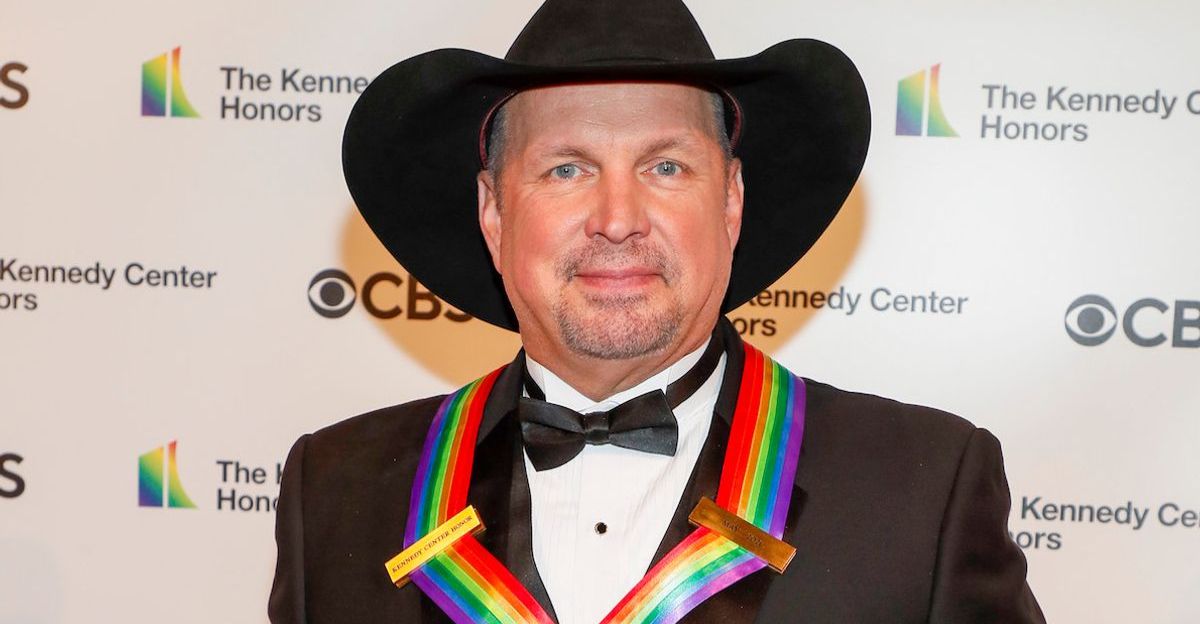
Brooks has boldly used his platform to champion equality for all, speaking out on issues from racial justice to LGBTQ rights. His public support for marriage equality, expressed in interviews and during live performances, has sparked important conversations in a genre often known for its conservatism.
While his stance has earned both applause and controversy, Brooks’s determination to stand up for inclusion has expanded the boundaries of country music’s community. By refusing to stay silent, he’s sent a clear message: everyone is welcome at his shows, and his music embraces all walks of life.
The Power Couple Fans Admire
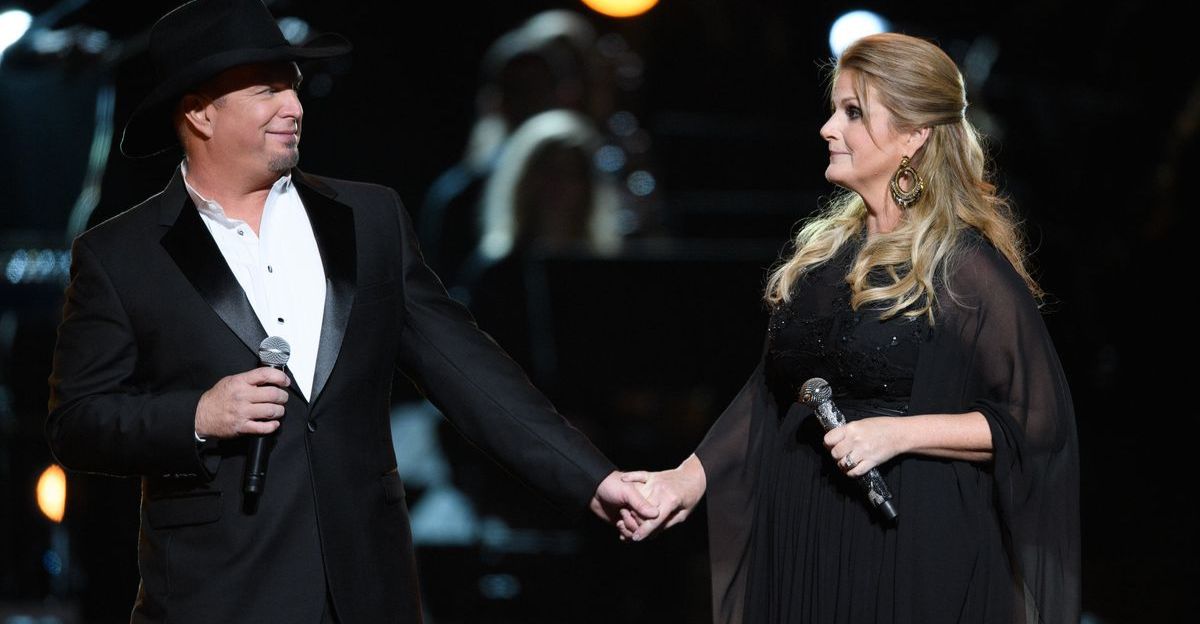
Brooks’s marriage to Trisha Yearwood is far more than a love story; it’s an enduring partnership rooted in shared creativity and genuine admiration. Since marrying in 2005, they have seamlessly blended their professional and personal lives, collaborating on albums and sharing the spotlight during major tours.
Brooks is quick to praise Yearwood as “the greatest singer in music today,” highlighting the deep respect at the heart of their relationship. Their undeniable chemistry, both on stage and off, has made them one of country music’s most beloved and lasting duos, capturing the hearts of fans with every performance.
Building Community Through Music

To Brooks, venues aren’t just about business but about building community. His Friends in Low Places Bar & Honky-Tonk stands out as a true gathering spot, hosting pop-up concerts, charity events, and showcases for local talent, all designed to nurture Nashville’s creative spirit.
Visitors frequently describe the bar as “a place where strangers leave as friends,” perfectly capturing the welcoming atmosphere Brooks envisioned. He sees this ethos as the very heart of country music, a space where connections are forged and everyone feels like they belong.
Still Writing the Next Chapter
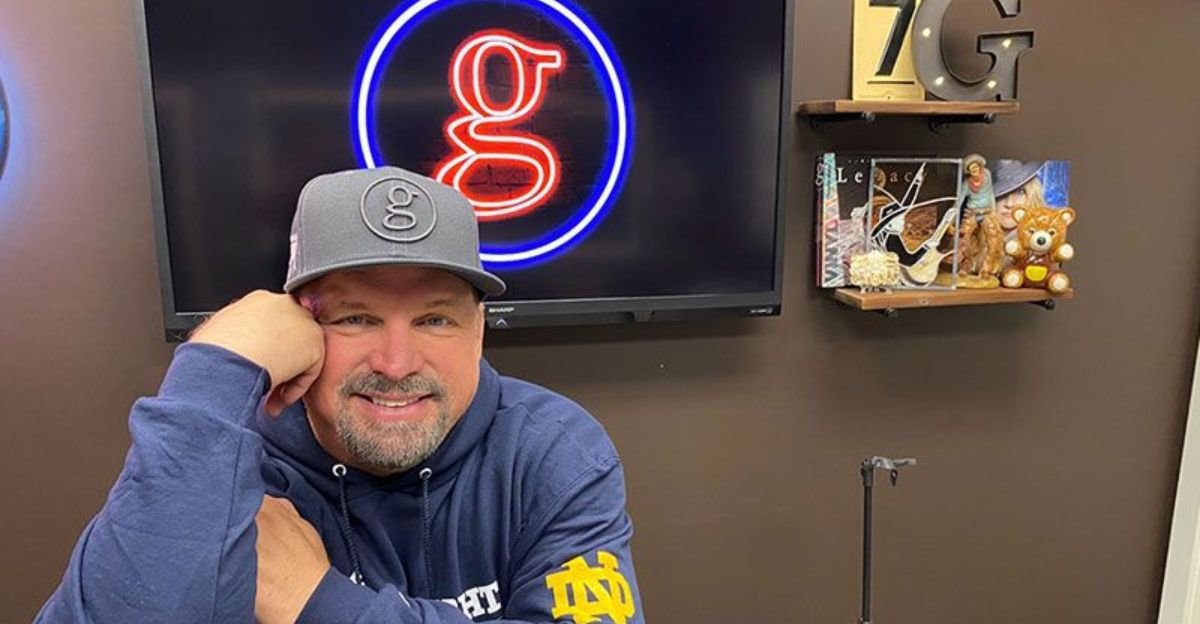
Even after decades at the top, Brooks’s drive hasn’t dimmed. He continues releasing new music and tours and finds fresh ways to connect with audiences.
Each milestone—a sold-out stadium or a charity partnership—feels like part of an unfolding story rather than a closing chapter. “The best days are still ahead,” Brooks told Good Morning America earlier this year.
A Legacy That Belongs to Everyone
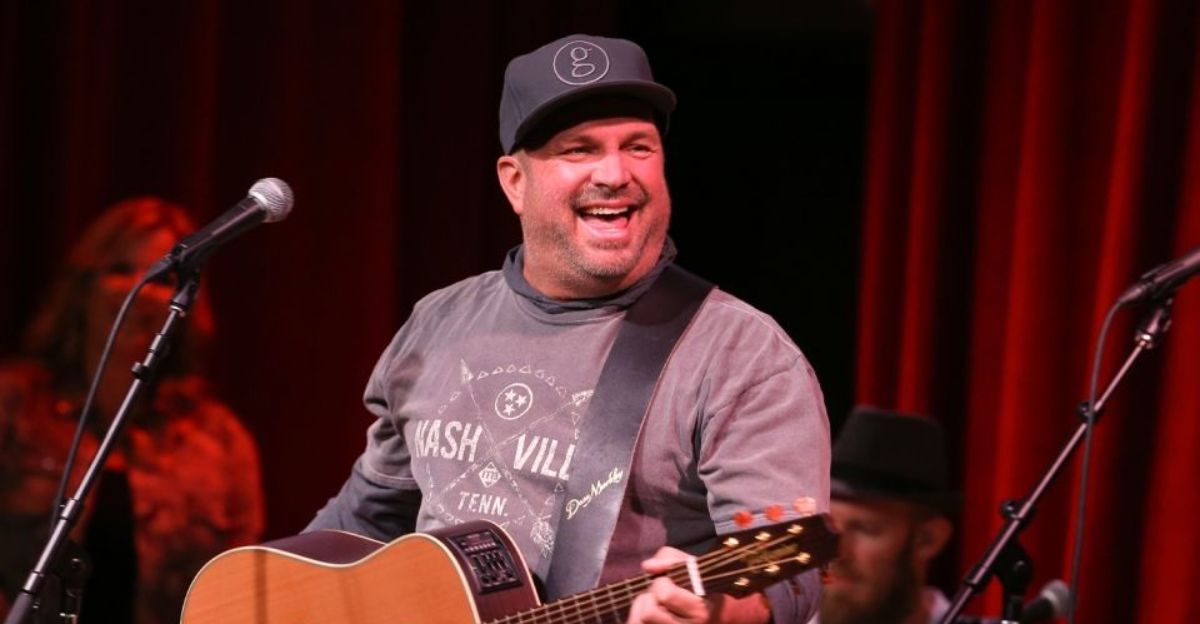
Thirty-five years after bursting onto the scene, Garth Brooks’s music continues bringing people together in roaring stadiums, cozy bars, and backyard celebrations nationwide. His chart-topping anthems have woven themselves into the fabric of American life, while his generosity and philanthropy have created ripples far beyond the footlights.
As fans belt out “Friends in Low Places” on its milestone anniversary, one thing is undeniable: Brooks’s legacy transcends the man himself. It lives in every shared chorus and every lasting memory his songs have sparked—a testament to the power of music to unite, uplift, and inspire. This legacy belongs to all of us.